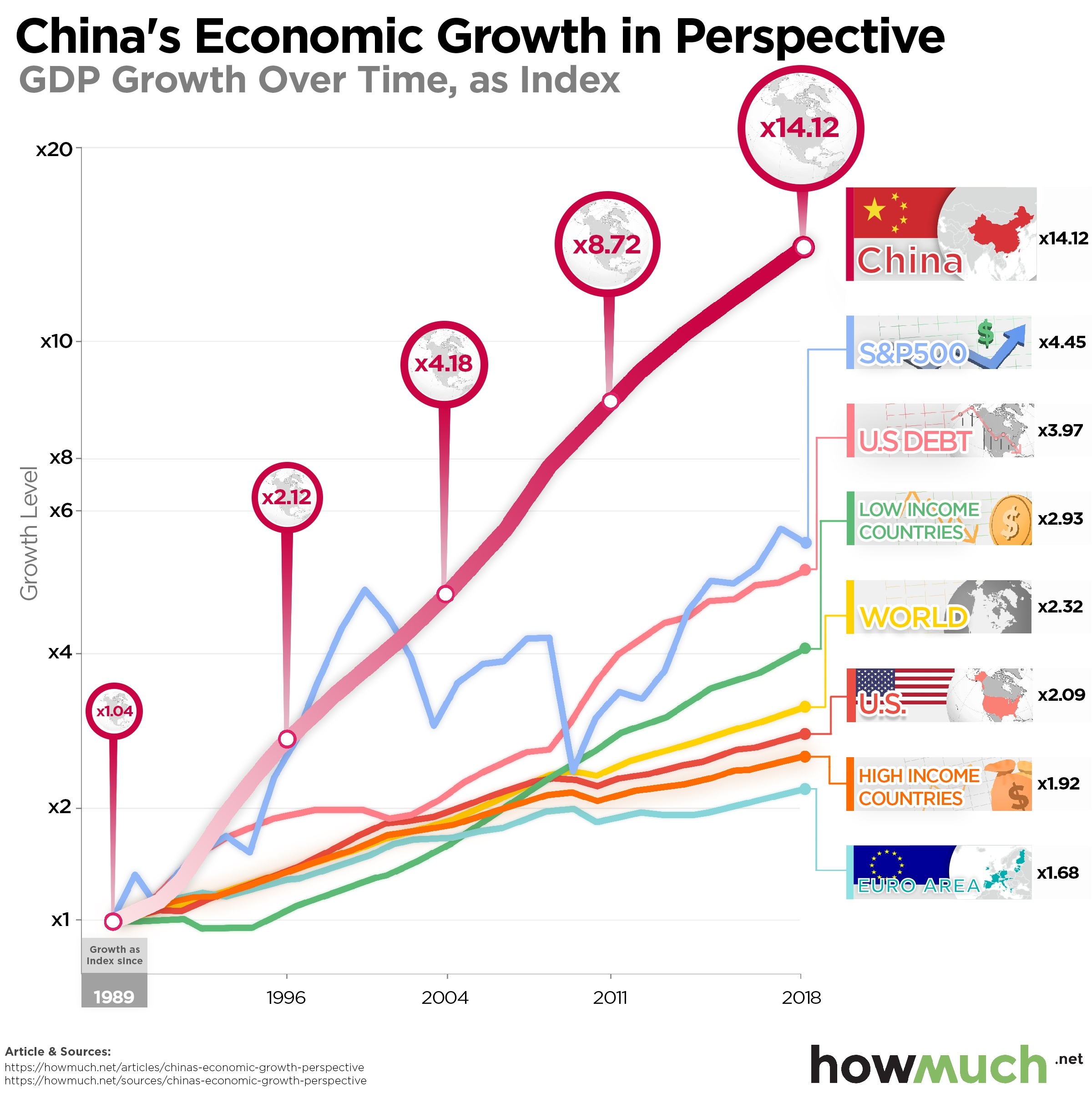SHANGHAI - China's small and medium-sized enterprises (SMEs) exhibited promising signs of expansion in the first quarter (Q1) of 2024, according to the Small and Medium Enterprises Development Index (SMEDI). The SMEDI, a critical barometer for assessing the health of the SME sector, rose slightly compared to the prior quarter, hinting at a potential improvement in the business climate for smaller companies.
The uptick in the SMEDI reflects a confluence of positive factors. Market expectations, a sub-index of the SMEDI, witnessed the most significant increase, indicating that SMEs are more optimistic about future prospects. This amplified confidence is likely fueled by China's ongoing economic recovery and expanding domestic demand.
Furthermore, the SMEDI survey highlighted an improvement in financing conditions for SMEs. The funding index, another sub-index that gauges access to capital, also saw a substantial rise. This suggests that SMEs are encountering fewer hurdles in securing loans and other forms of financing, which is essential for business growth and investment.
The positive trend extends to specific industries within the Chinese economy. The survey results indicated that five out of eight major sectors experienced an increase in their domestic order index. This suggests a rise in internal demand for goods and services produced by SMEs, which can translate to higher sales and revenue.
Similarly, the input index, which reflects raw material and labor costs, rose for five industries. While this might seem like a negative development, it could also signal that these industries are ramping up production to meet the aforementioned rise in domestic orders. Additionally, four out of eight sectors reported an increase in their sales price index, indicating that SMEs have some pricing power, potentially allowing them to offset rising input costs and maintain profitability.
The positive performance of the SMEDI in Q1 2024 is a welcome sign for the Chinese economy. SMEs are the backbone of China's industrial fabric, accounting for a significant portion of employment and economic activity. Their continued growth and improved health suggest that the overall economic recovery is gaining traction and that smaller businesses are well-positioned to capitalize on the positive momentum.
While the SMEDI paints a generally optimistic picture, it is important to acknowledge that some challenges persist. The index score of 89.3 still falls below the boom-and-bust line of 100, suggesting there is room for further improvement. Additionally, the impact of global factors such as geopolitical tensions and inflation on the Chinese economy and SME performance remains to be seen.
Despite these lingering uncertainties, the positive signals from the SMEDI in Q1 2024 provide a cause for optimism about the future of China's small businesses. As the economic recovery progresses and supportive policies remain in place, SMEs are likely to play a pivotal role in China's sustained economic growth.

